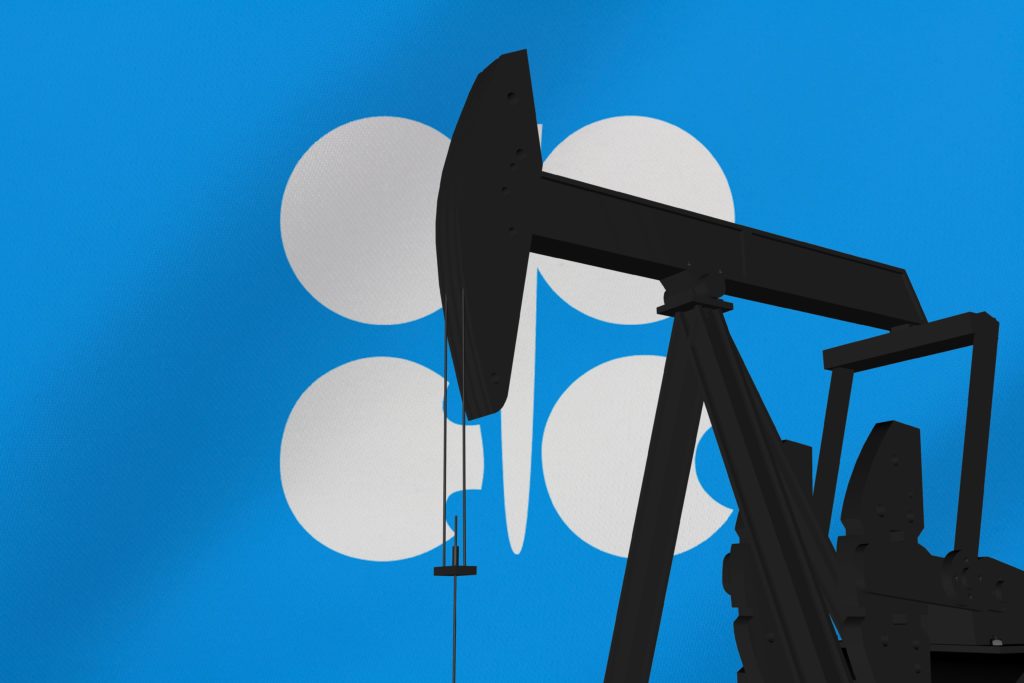BAKU
Azerbaijan has produced 580,900 barrels per day (bpd) of oil in January, down from 597,100 bpd produced in December and in line with the country’s obligations under the OPEC+ deal, the Energy Ministry said.
As the COVID-19 pandemic disrupted production as well as demand for oil, OPEC+, a group of the Organisation of the Petroleum Exporting Countries (OPEC) and allied producers of which Azerbaijan is a member, cut output by a little more than 7 million bpd to support prices and reduce oversupply. Other former Soviet oil-producing countries, Russia and Kazakhstan, are also OPEC+ members.
In April 2021, members of the group agreed to ease cuts gradually from May. The new deal agreed in September envisaged a further increase by 400,000 bpd “until the parties agree to lift the restrictions”, but Azerbaijan’s oil production would still be below 718,000 bpd produced in October 2018, when members of OPEC+ agreed to reduce oil production gradually. Baku welcomed the decision to boost production levels.
OPEC+ decided to continue to increase production by another 400,000 bpd in January 2022 amid news of a possible drop in energy demand due to a new strain of the coronavirus known as Omicron. Experts say that OPEC+ believes that could potentially cause a reduction in demand for energy in the event of strengthening restrictive measures.
Azerbaijan is now set to increase oil production by 7,000 bpd to 668,000 bpd in February and 675,000 bpd in March under a fresh decision made by the OPEC+.
The ministry said that oil production in January was below the country’s quota under OPEC+ commitments at 661,000 bpd. The total production of oil and gas condensate was 700,500 bpd.
Most of Azerbaijan’s oil production comes from the giant offshore Azeri-Chirag-Guneshli (ACG) oilfields, developed by a BP-led consortium. The country uses the Baku-Tbilisi-Ceyhan (BTC) pipeline via Georgia and Turkey to export oil from the ACG. It also exports oil through the Baku-Novorossiisk pipeline via Russia, the Baku-Supsa pipeline via Georgia and by rail in Georgia.
The BP-led consortium said earlier this month that oil output at its projects in Azerbaijan declined to 458,000 barrels per day (bpd) last year from 477,000 bpd a year earlier.
Natural gas production at the major Shah Deniz gas field was 23 billion standard cubic metres (bcm) in 2021, up from around 18.1 bcm in 2020. Condensate output was over 4 million tonnes, up from 3.6 million tonnes a year ago.
The BP-led consortium, which develops the Shah Deniz project, has been pumping gas from the giant offshore field’s first phase since 2006, delivering more than 10 bcm a year of gas to Azerbaijan, Georgia and Turkey.
The second phase started its output in 2018, adding 16 bcm of gas production capacity at its peak to bring total capacity to 26 bcm.
In 2020, Azerbaijan produced 34.585 million tonnes of oil and gas condensate, while total natural gas output was 36.713 bcm.

